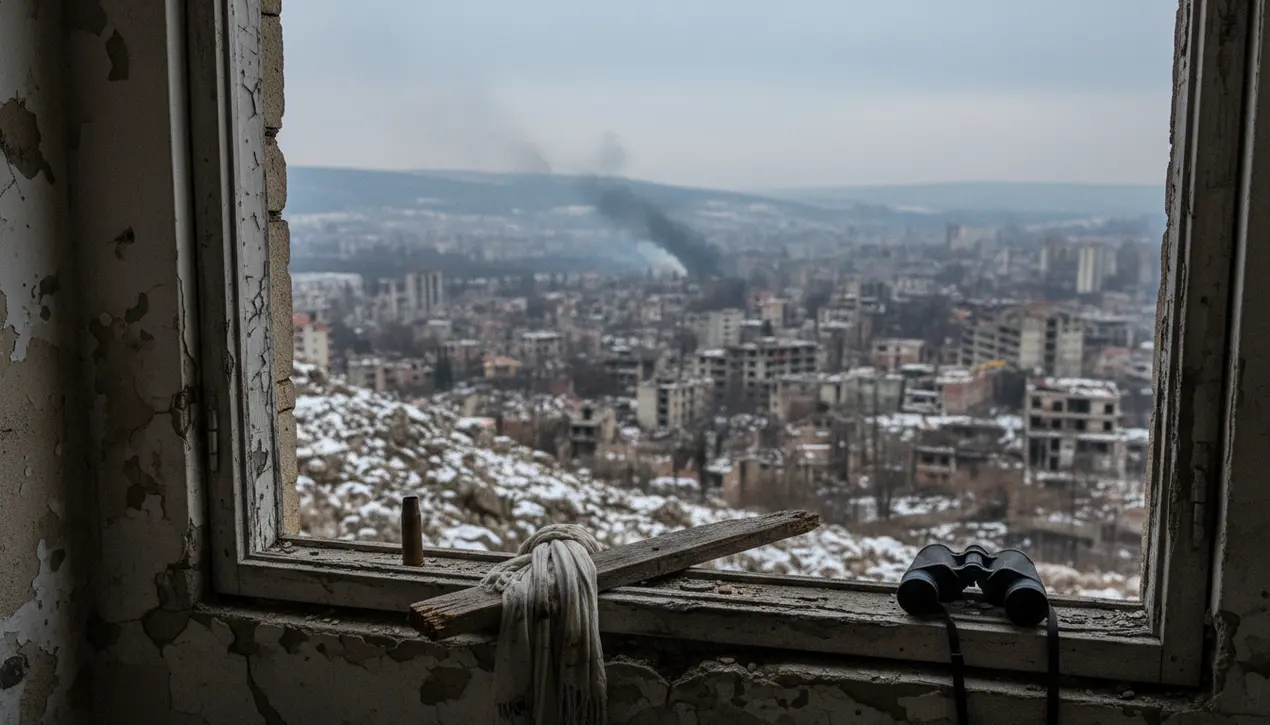
Politicsconflict & defenseMilitary Operations
Italy Probes Claims Tourists Paid to Kill in Bosnia.
OL
Oliver Scott
4 hours ago7 min read1 comments
A chilling investigation has been launched by Italian authorities, probing allegations that tourists, primarily Italian nationals among others, paid substantial sums to participate in a macabre form of war tourism: firing upon Bosnian civilians who were risking their lives under the relentless siege of Sarajevo. This isn't merely a historical footnote; it's a stark reminder of how the fog of war can create perverse economies and moral vacuums where human life becomes a commodity.The siege itself, a brutal 1,425-day encirclement of the Bosnian capital by Bosnian Serb forces from 1992 to 1996, was the longest of a capital city in modern warfare, a grim tableau of sniper alleys and mortar attacks that defined the bloody dissolution of Yugoslavia. The allegation that foreigners could pay for the 'experience' of joining the snipers in the surrounding hills adds a grotesque new dimension to the conflict's legacy, suggesting a level of premeditated, commercialized cruelty that echoes the most cynical black-market operations in contemporary conflict zones.Analysts are immediately drawn to the risk implications: what precedent does this set for future asymmetrical wars? Could this evolve into a template for monetizing conflict participation, creating a new category of non-state, financially-motivated combatant? The legal ramifications are a minefield, spanning multiple jurisdictions and challenging international law concerning extraterritoriality and statutes of limitations for war crimes. From a political risk perspective, this revelation threatens to destabilize fragile post-war reconciliations in the Western Balkans, reopening old wounds and fueling nationalist rhetoric.It forces a re-examination of the entire Sarajevo siege narrative, questioning who was truly in the hills and what their motivations were beyond ethnic animosity. The psychological profile of individuals who would pay for such an 'experience' points to a dangerous intersection of extreme wealth, profound desensitization, and a quest for ultimate transgression—a scenario that risk assessment models are poorly equipped to quantify.The potential fallout is multi-vector: diplomatic tensions between Italy and Bosnia-Herzegovina, renewed calls for war crimes tribunals to expand their scope, and a severe impact on the region's stability, which remains a geopolitical tinderbox. This case study in human depravity serves as a critical stress test for international justice systems and a grim warning about the evolving nature of conflict profiteering in an interconnected world.
#Italy investigation
#Bosnia war crimes
#Sarajevo siege
#tourist mercenaries
#civilian casualties
#featured
Stay Informed. Act Smarter.
Get weekly highlights, major headlines, and expert insights — then put your knowledge to work in our live prediction markets.
Comments
Loading comments...
© 2025 Outpoll Service LTD. All rights reserved.